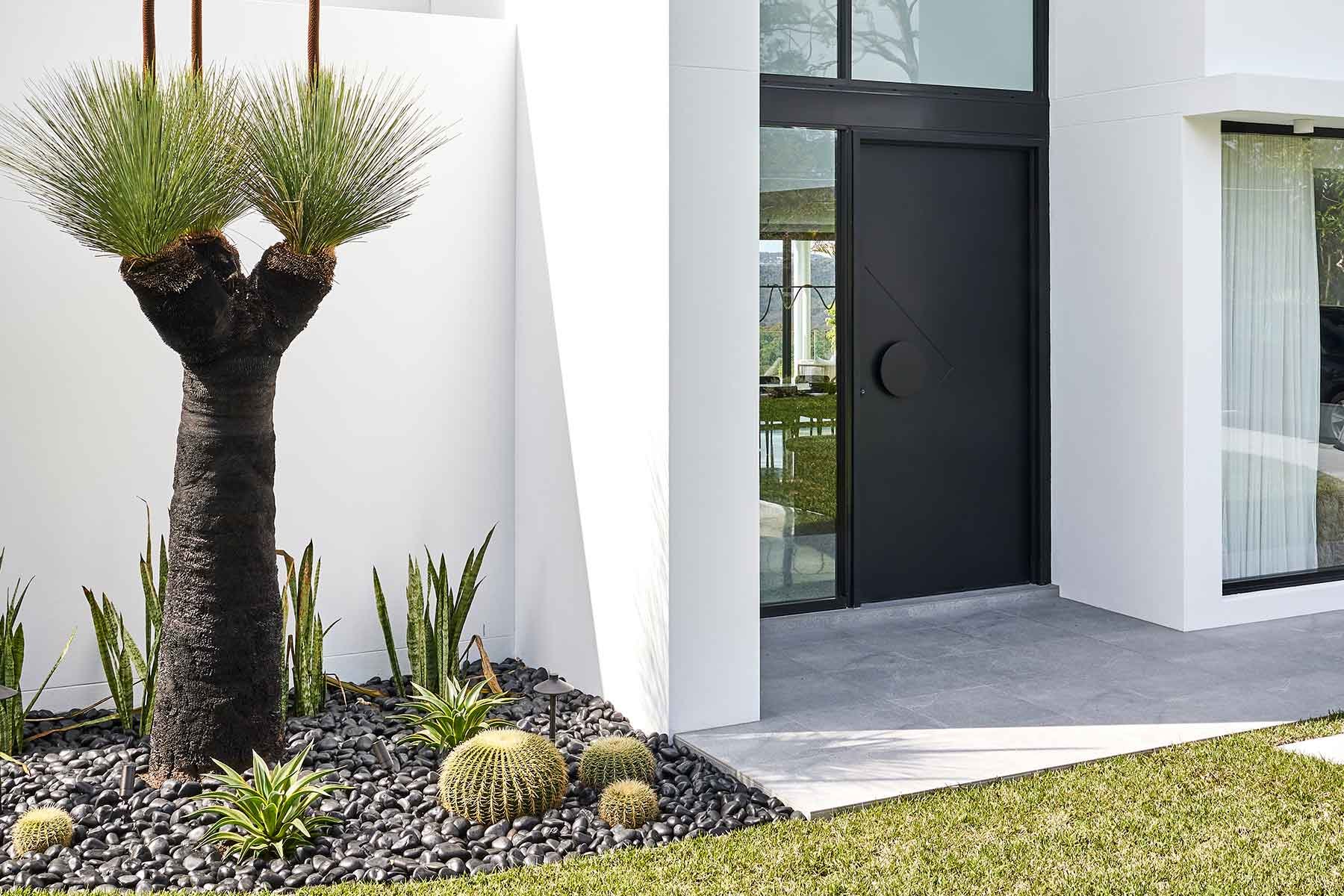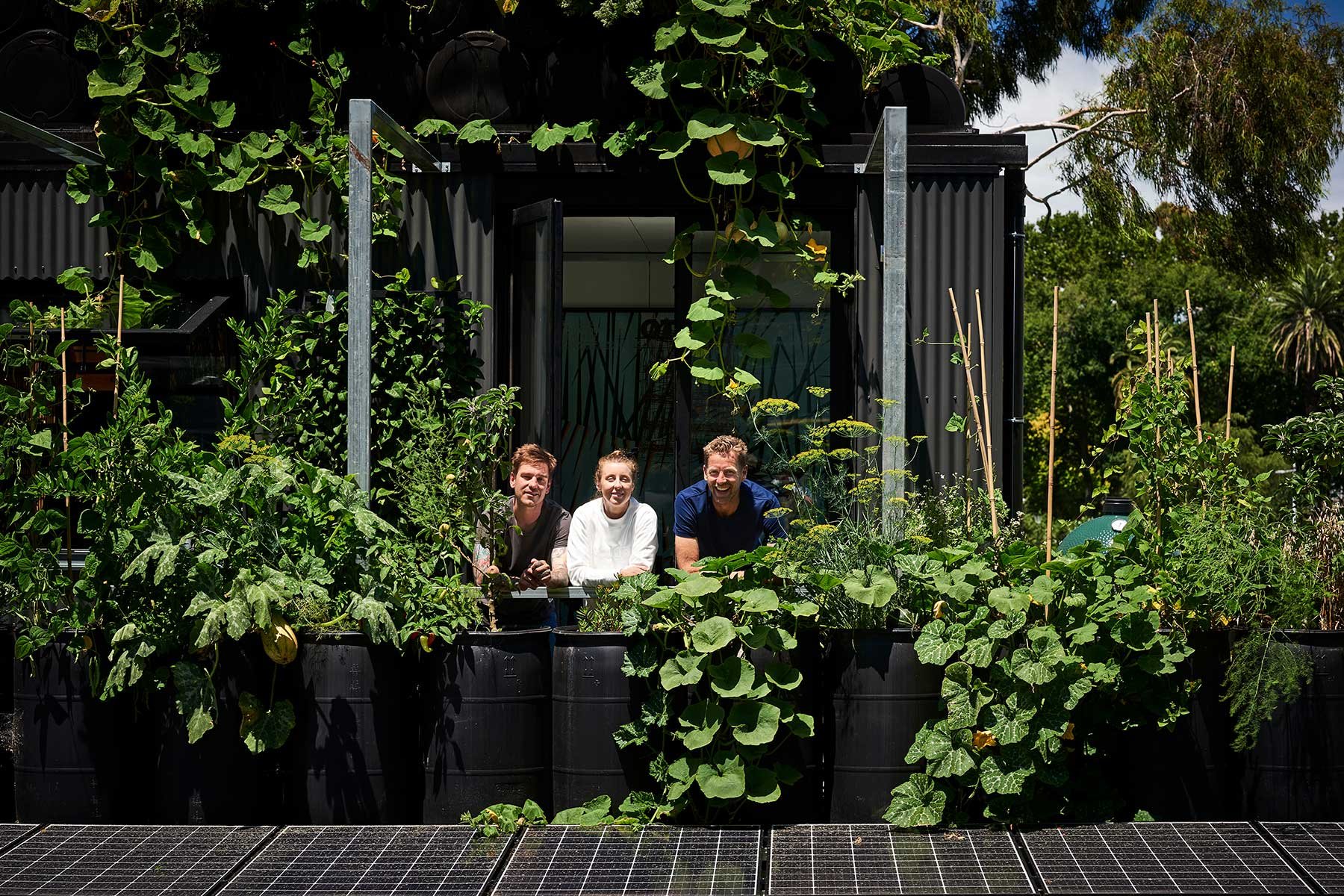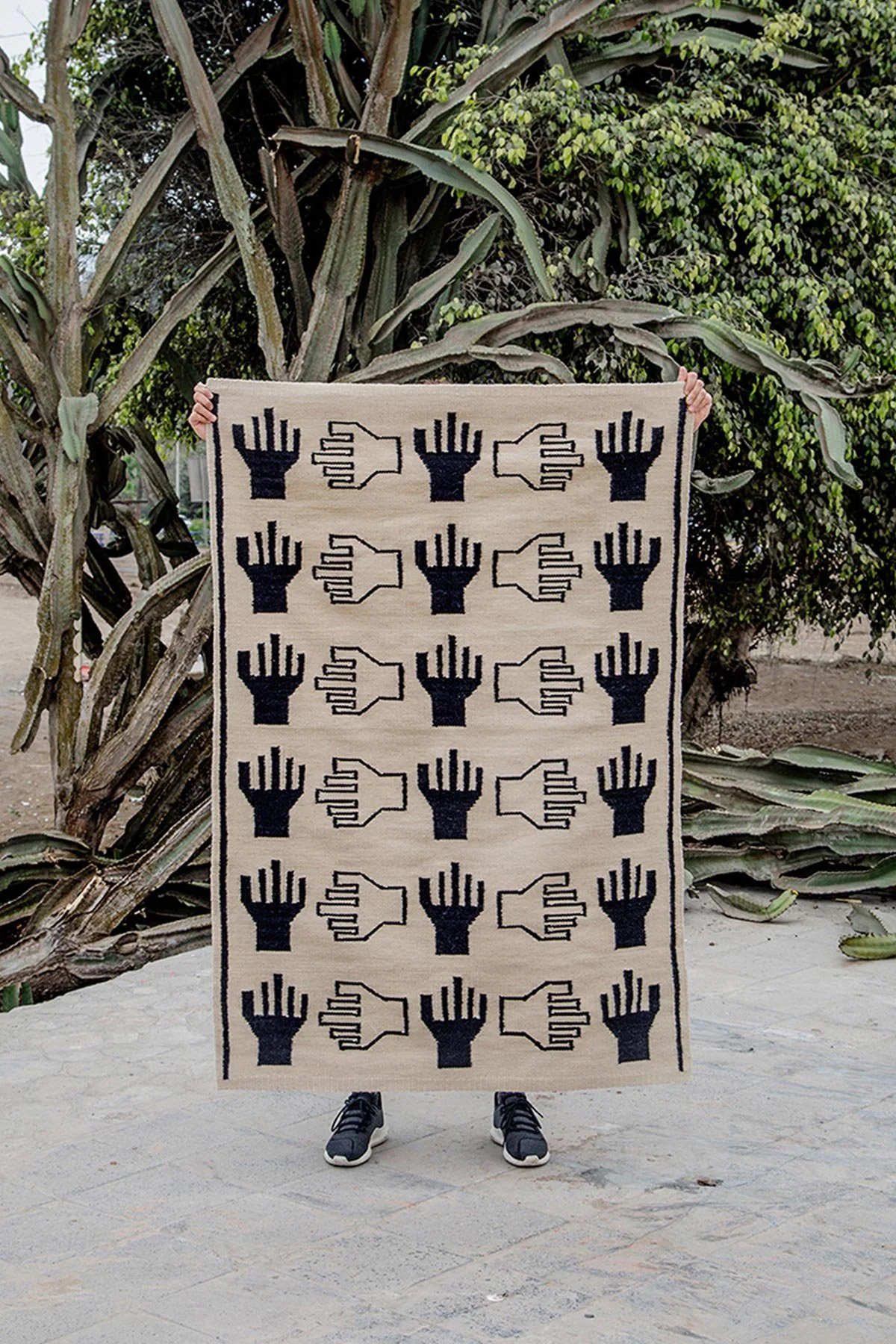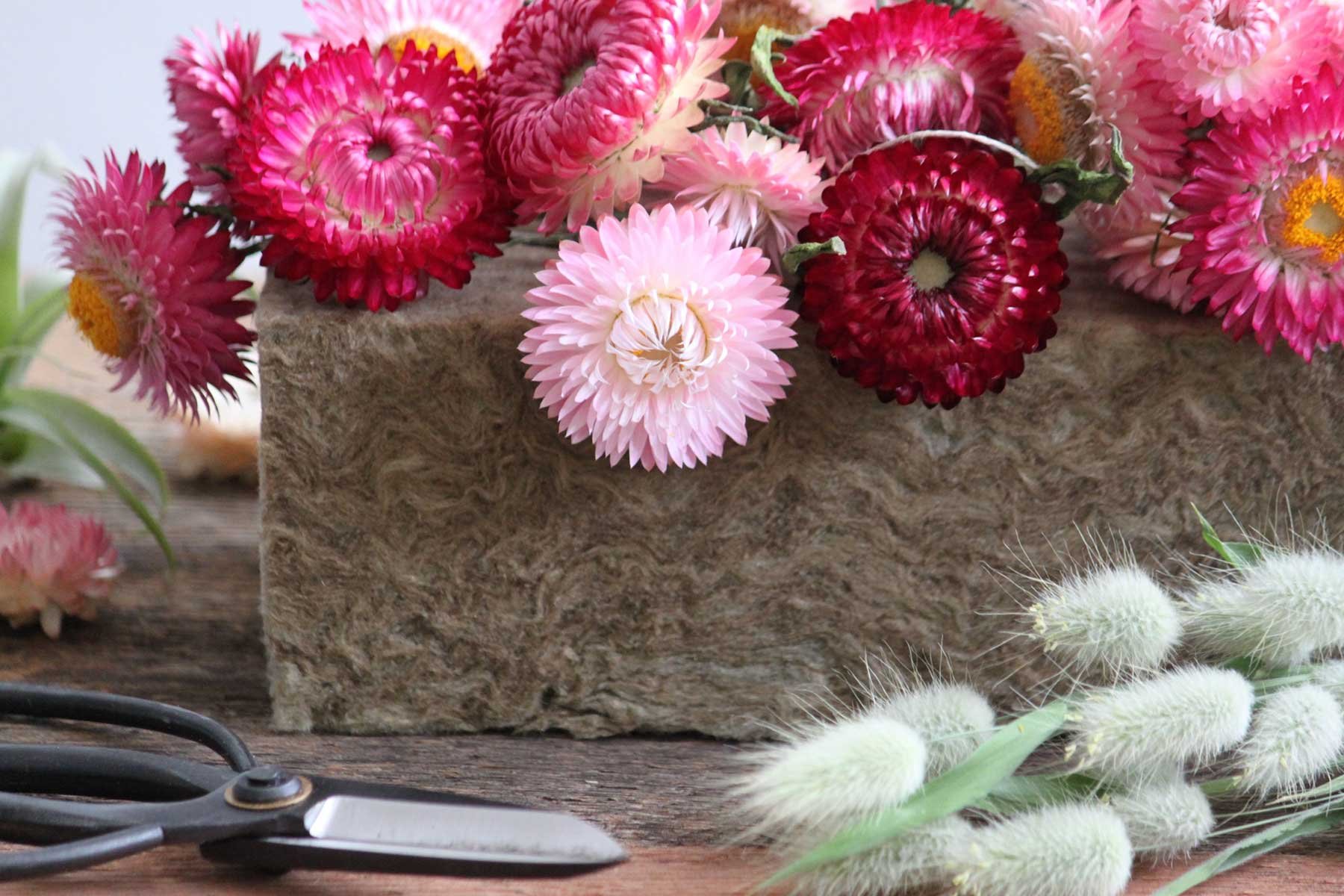Patrice Newell
An Important Read

‘Who’s Minding the Farm? In this Climate Emergency.’
– by Patrice Newell, published by Penguin.
This is an important book for anyone who loves this sunburnt country of ours to read. In an era of rapid climate change, this is a vital and heartfelt account of how agriculture can address major issues we are facing as a nation and also the entire planet. Patrice and her husband Phillip, along with other Aussie farmers are at the frontline of enormous challenges, from water scarcity and land stewardship to food security and the rural-urban divide. The devastation of drought and the crises created by industrial-scale, chemically-dependant primary production is discussed, and alternatives proposed – along with bold ideas for new sources of energy.
Patrice has travelled the world exploring and investigating best practices and invested heavily in organic methods on her farm. This is a hopeful book – she believes we can produce enough food to feed the world without further environmental damage or loss of biodiversity. We just need to think and act differently.
I especially love the way Patrice lovingly writes of ‘soil’ and the importance of soil regenerative practices.
Here’s an excerpt from the introduction to her book:
“The fifth of December is World Soil Day. It was officially adopted by the 68th UN General Assembly in 2013., but in Australia a much bigger fuss is made each year about a horse race in Melbourne and a yacht race arriving in Hobart. Soil is our lifeblood: it needs to have a fuss made about it. And since there’s nowhere on the planet that hasn’t been affected by the human species, we need to think not in terms of preserving some unspoilt ecosystem or a patch of pure soil, but in terms of repairing the damage. It’s time to face the facts – and to try to change those facts”

Patrice Newell
‘Who’s Minding the Farm?’ is a window into the trials and tribulations of life on the land, but most importantly it promotes new ways of thinking and reminds us that ‘minding the farm’ is a shared responsibility for us all.
In the spirit of Patrice’s book here are 3 tips for fostering happy soil and a reminder that growing your own garden is one of the best things you can do for both your health and the health of the planet. And of course, the key to it all is growing healthy soil!
Feed your Soil
Add compost, animal or green manure, coffee grounds, and mulch to help build up soil organic matter. Turn your leftover food scraps or garden trimmings into nutrient-rich compost for this purpose. You can also buy worms, add them directly to your compost bin, and collect their casings (a very pure, nutrient-dense form of compost). Contact your local coffee shop to see if you can collect their coffee grounds. There are many lifeforms in the soil including bacteria and fungi, etc that you will feed with these additives which is important for retaining good soil structure. Together, these organisms help convert organic matter and soil minerals into nutrients which plants love.
Cover your Soil
Protect your soil from the elements by keeping it covered with lots of plants especially ground covers and mulch. Mulch helps the soil retain moisture, which is so important during drought, ground covers also help protect and balance the soil’s nutrient profile and enhance biodiversity. As a kind of ‘living mulch’ it discourages weeds, wards of disease and attracts birds, butterflies and other insects that are beneficial.
Analyse your Soil
Perhaps speak to your local nurseryman about the type of soil in your area and which nutrient additives your soil may need. Once you know which nutrients to supplement your garden with, you can make the necessary adjustments
_
Coloured Hoses
We love this new range of beautiful, coloured hoses by Nylex Australia launching in Bunnings this Summer!
Peter Lewis’ Porter’s Paints
Recently launched Peter Lewis Paints - better for our health and the health of our planet.
News from our Neighbourhood
Woollahra Council sent out a call-out recently to celebrate nature by exploring the foreshores and suburban streets of Double Bay.
Rattan Artisinal Design
We love the Abai Rattan Armchair, Bahir Outdoor Lounge Chair and Bahir Outdoor Sunlounge.
Wendy Whiteley
The extraordinary story of how this harbourside garden came into being.
TAIT + MOKUM
The new Voom Collection is a great collaboration between our friends at TAIT + MOKUM.
Lucca Collection
The inside/out Lucca collection of chic stone tables is a seriously contemporary take on the classic Mediterranean outdoor tables.
French Modern
The Wave chair is available in limited numbers and comes in a black finish.
Australian Ceramicists
All hand made things have something of their maker in them and these stunning Objects of Desire available through Garden Life.
Changing the Way We Live
Could you imagine living in a house that grows its own food? Picture solving the world’s biggest problems simply by changing the way we live.
Innovative Waste Management
RecycleSmart is an innovative waste management company, and they are on a mission to help everyone recycle more!
Handmade-With-Care
Natural, handmade-with-care products by artisans and master craftspeople are the new guard in design.
House of Bamboo
Bamboo is an amazing natural material that provides a sustainable alternative to traditional decking outdoors.
Apothecary
Mama & Lou Apothecary is a small-batch product range, blended from high quality natural and organically farmed ingredients sourced from Australia and France.
Genuine brick
The latest offering from Brickworks Building Products is the Thin Brick range with a thinner profile.
from Karman
It is a modular and adjustable collection of lighting that is incredibly versatile and fun.
by Nathalie Du Pasquier
The BRAC is an artisanal extruded product that is suitable for internal or external walls and structures.
Pixxie Pocket Projector
We are besotted with this cute Pixxie Pocket Projector to turn your outdoor space into an instant moonlight cinema.
Dine Out
The round tables come with a conical pedestal base with green & white or yellow & white terrazzo and both colourways are stunning.
at Lo & Co
Creamy beige knobs and back-to-back entry handles are now a part of Lo & Co’s stone handle range.
at Lo & Co
Creamy beige knobs and back-to-back entry handles are now a part of Lo & Co’s stone handle range.
from Mokum
South Beach upholstery is a heavy duty luxe fabric which is fire retardant, and stain resistant.
An Alternative
Agrawool Natural Floral Foam appears to be the first product of its kind, that can be described as a more sustainable alternative to traditional floral foam.
Outdoor Furniture Range
Introducing a wonderful new collection of outdoor furniture by Sibella Court for Eco Outdoor.
Upcycled Concrete
These one-of-a-kind trivets protect fragile surfaces, like your timber dining table or kitchen countertops while at the same time complimenting a variety of domestic settings.
Terrace & Yuki
Designed and made in Australia, nau 2021 offers contemporary, hand-crafted furniture and lighting from a quartet of the brands most prolific designers.
Faye Toogood’s Collection
We just love the unique, quirky and reassuringly chunky lines of Faye Toogood’s Roly-Poly furniture collection for Driade.






























Australian Grown
People do buy plants virtually, not big plants, but smaller seedlings, and they come to you through the post boxed up in a beautiful assortment.